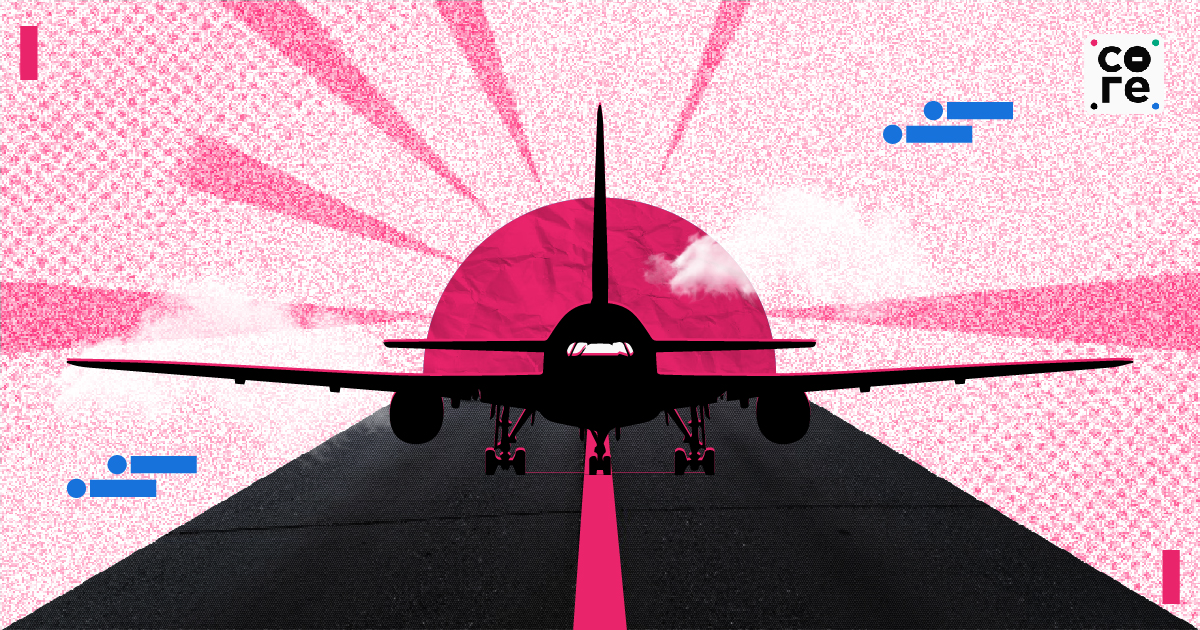
Govt, Regulatory Bodies Are Also Factors That Affect Aviation In India: Here's Why
29 Jun 2023 5:30 PM IST
The crisis surrounding budget airline GoFirst unfolded earlier this month, putting the spotlight back on India's aviation industry. While the Wadia-owned airline has maintained they would like to be back to business soon, its future hangs in the balance.
As the news broke of GoFirst ceasing operations, passengers took to social media about their struggle with cancelled tickets. Pilots, on board crew and ground staff, told several media organisations that they feared their jobs. But this wasn't the first time India was seeing such a crisis in the aviation industry.
Why does this keep happening?
GoFirst isn't the first airline to have seen such a fate. From Damania Airways (1997), Kingfisher Airlines (2012) to Jet Airways (2019) - India has seen many airlines fail in the past. So when GoFirst nosedived, the question on everyone's mind was why does this keep happening?
The Core recently published a column that pointed at several factors that have forced airlines to shut shop. Some of the internal reasons enlisted were " the vicious cycle of profitless growth" and interference from the management. The external factors pointed out in the column included rising fuel prices and major global events such as the pandemic and Russia's invasion of Ukraine.
While most of that is correct, the column quoted sources like Centre for Aviation (CAPA) which doesn't go well with the argument as they give vague ambiguous figures on aviation in India. The figures have rarely come true over the years and the organisations are not held accountable at any stage.
Ease of doing business does not exist in India and this affects the working of the airlines.
Of course, there is the issue of rising fuel prices. The Directorate General of Civil Aviation (DGCA), on the other hand, seems to be unclear about its role. It hasn't accomplished anything beyond harassing operators and pilots.
Issues with India's aviation sector
Take the case of the lessors in the GoFirst matter. Who would want to lease airplanes in India now? How can low-cost airlines operate and be profitable when all the costs, including landing parking and other handling charges, are the same even in tier 2 and tier 3 cities.
The government treats the aviation industry as an elitist one and there is a clear absence of a robust general aviation scenario in India. Setting up and running an airline in the country is fraught with hurdles. If you attempt to buy an aircraft, the treatment meted out to you will be akin to that of a wanted criminal. The compliance required by one aircraft owner is the same as someone who owns 1000 aircraft.
The sluggish pace at which some of the government organisations work cannot be ignored. For example, the Bureau of Civil Aviation Security, under the garb of national security, takes a month's time to issue an Airport Entry Pass which is valid for one year. This problem has been there for a long time now. There have been many instances of people expecting some freebies from the airlines and if they are not forthcoming, the scrutiny can become harsher and delays endless.
While audits by regulatory bodies such as the DGCA have been suggested as remedies to help the airlines, these audits are used as a weapon because you can never be in compliance with Indian Aircraft Act 1935.
Indian Aviation is governed by Indian aircraft Act 1935 and 1937. Though these are revised from time to time, they still are archaic and these laws, like all other laws, are used by the government to corner you and thereafter for considerations other than merit also give you a way out.
The airlines can have the provision to have a reserve fund, but no business with thin margins can afford. If reserve funds were a workable option then banks which have a Cash Reserve Ratio of nearly 25% would never fail.
What could be made better?
Here are some of the solutions that can help us save more aviation crisis:
- A revamp in the civil aviation policy and DGCA to bring in professionals and subject matter experts.
- Immediately bring Aviation Turbine Fuel under GST.
- Introduce differential costs on metro, tier 2 and tier 3 routes .
- Encourage and provide an environment for general aviation and corporate aviation.
- Stop interfering and let market forces decide which airline stays and which goes.
Author: Capt. Sam Thomas is an aviation consultant with an experience of 28 years in civil aviation and was associated with Jet Airways for 20 years.

